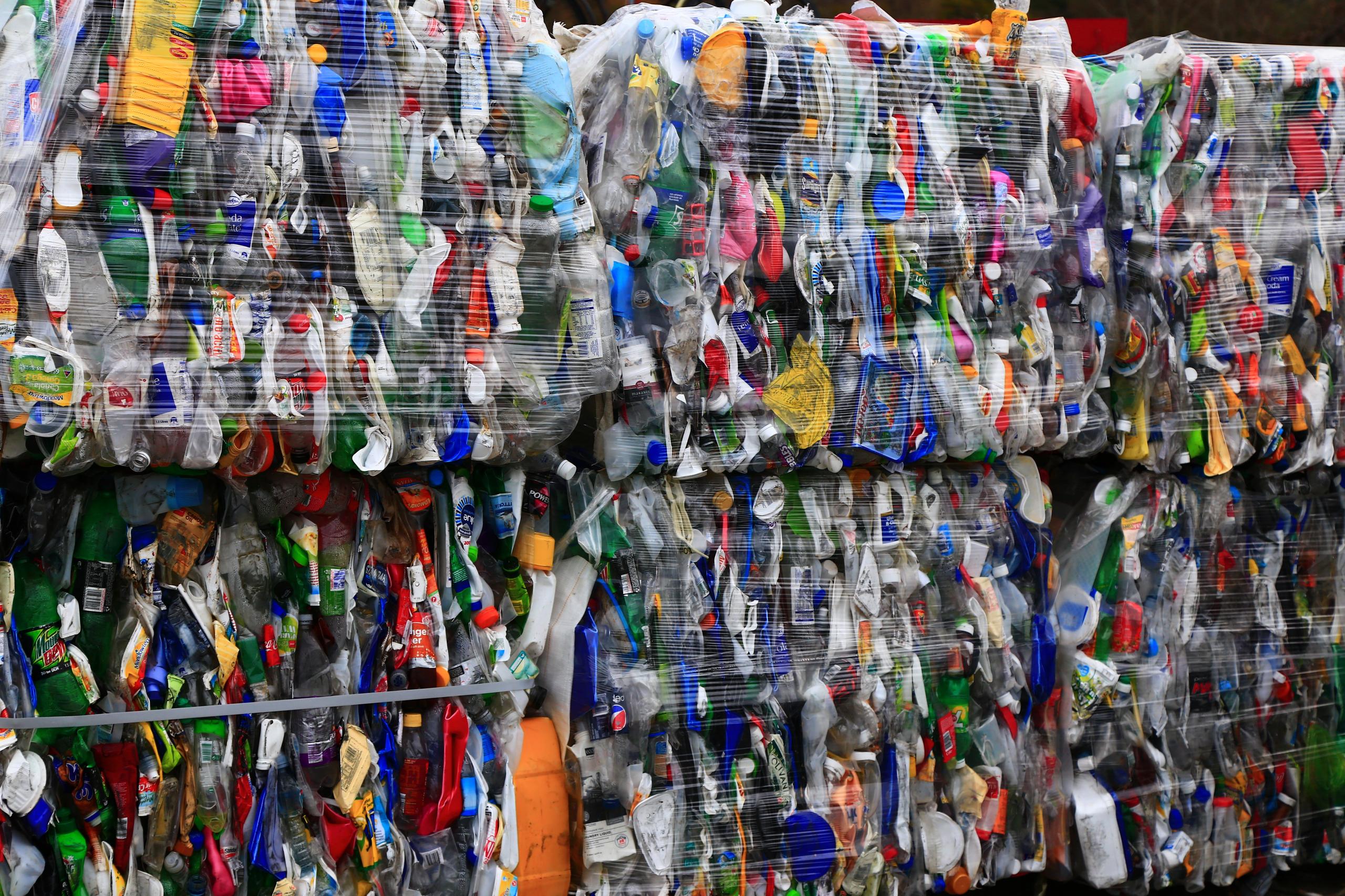THIS IS IT! DIELINE Awards 2026 Late Entry Deadline Ends Feb 28
Maine Becomes First US State To Enact Packaging EPR Law, Shifting Cost of Recycling To Companies
By
Published
Filed under

By
Published
Filed under

Companies that produce packaging have spent millions of dollars and work-hours convincing the public that everyone else (and especially not them) is responsible for managing spent bottles, boxes, bags, and wrappers often made of plastics that take centuries to degrade. Rather than initiate costly and more sustainable packaging strategies, such as refillable and reusable packaging, it’s been far easier to punt the associated costs off to consumers and governments.
Amidst the futility of such efforts to cut down on refuse—the national average of waste recycled or composted is about 32 percent—Maine becomes the first US state to pass Extended Producer Responsibility (EPR) legislation that would place the costs of collecting and recycling packaging on producers. Under the new law, companies with sales of over $2 million will be responsible for proportionally financing a new stewardship program overseen by the Maine Department of Environmental Protection.

Get unlimited access to latest industry news, 27,000+ articles and case studies.
Have an account? Sign in